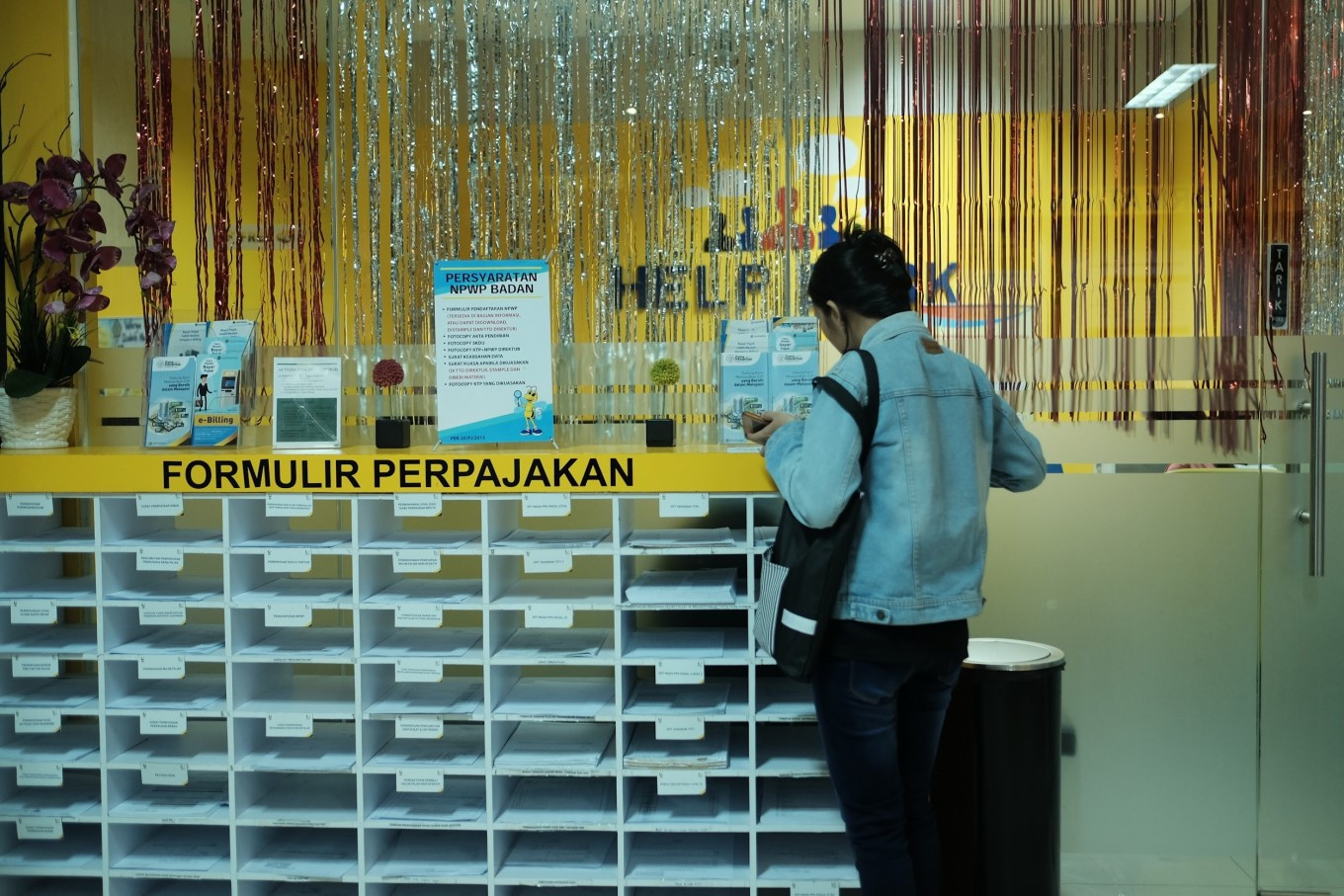News
Coretax under fire amid technical issues, corruption allegations
Tenggara Strategics February 15, 2025 (Courtesy of Finance Ministry)
(Courtesy of Finance Ministry)
Just one month after its launch on Jan. 1, the government’s Rp 1.3 trillion (US$79.58 million) Core Tax Administration System (Coretax) is already under fire. Designed to modernize and streamline the country’s tax administration, Coretax has faced criticism for technical malfunctions, complexity and allegations of corruption.
Developed by the Finance Ministry’s Taxation Directorate General (DJP) since 2020 under Presidential Regulation No. 40/2018, the Coretax megaproject has drawn public attention, partly due to its hefty price tag. The procurement process, facilitated by PT PricewaterhouseCoopers (PwC), resulted in South Korea’s LG CNS and Qualysoft Group being selected as system developers. However, despite this rigorous process, the system's shortcomings have raised serious concerns.
Allegations of corruption have recently emerged, adding to the challenges surrounding the Coretax project. The Indonesian World Tax Institute (IWPI) has reported a suspected corruption case tied to the development of the system, with potential misappropriation exceeding Rp 1.3 trillion. A notable example fueling suspicion is the allowance for 790 large taxpayers to continue using the old application, while smaller taxpayers are required to adopt the new system. This disparity raises concerns about fairness and transparency, further undermining confidence in the project. These allegations compound the system's ongoing struggles to meet its objectives and deliver on its promises of improved tax administration.
Other challenges remain with the system’s functionality. Despite the government’s promise of improved efficiency, the Coretax system has hindered taxpayers with numerous obstacles. Taxpayers have reported persistent technical difficulties with Coretax, including challenges accessing the platform, errors in generating tax invoices, and discrepancies between National Identity Numbers (NIK) and Taxpayer Identification Numbers (NPWP). The Indonesian Employers Association (Apindo) has highlighted these issues, stating they have disrupted business operations and made compliance more burdensome.
Several businesses are facing trouble specifically with the tax invoice generation function. Up until now, taxpayers are still experiencing difficulties with their monthly tax obligations. Creating withholding certificates and generating tax invoices, such as for workers’ income tax (PPh 21) and value-added tax (VAT), is particularly challenging. Some have anticipated that technical difficulties with the Coretax system will result in a substantial decrease in tax revenue for January 2025.
Coordinating Economic Minister Airlangga Hartarto has voiced concerns over Coretax’s impact on state revenue. He suggested creating separate tax administration systems for corporate taxpayers, particularly in sectors like fast-moving consumer goods (FMCG), which face more complex invoicing and withholding requirements compared with individual taxpayers.
To fully realize the benefits of the Coretax system improvements, corresponding system adjustments in other institutions are crucial for seamless connectivity and enhanced integrated taxpayer compliance monitoring.
In response to these ongoing issues, the Taxation Directorate General has initiated measures to improve the system’s stability and functionality. The tax office has claimed that as of Jan. 21, around 336,528 taxpayers had successfully obtained digital certificates for signing tax invoices. Of the 8.42 million tax invoices that have been successfully generated by 118,749 taxpayers, 6.8 million were issued through the Coretax system, while 1.62 million came from the e-faktur desktop application. A total of 5.63 million invoices have been validated or approved. Compared with the first 10 days of Coretax implementation, when only around 845,514 invoices were successfully issued, ongoing improvements have marked significant progress.
Despite the setbacks, National Economic Council (DEN) chairman Luhut Pandjaitan earlier this month said he projected that the Coretax system could potentially boost government revenue by up to 6.4 percent of gross domestic product (GDP), equivalent to approximately Rp 1,500 trillion.8 9 Meanwhile, President Prabowo Subianto, under the 2025 State Budget (APBN), is aiming for Rp 3,005.1 trillion in state revenue. Finance Minister Sri Mulyani projected that tax revenue will comprise Rp 2,490.9 trillion of the 2025 total state revenue.
What we've heard
Several sources, including former officials from the Directorate General of Taxes (DJP), have stated that the implementation of Coretax in early January 2025 is closely tied to the government’s ambition to boost the tax ratio and state revenue from the tax sector. The problem, according to these sources, is that the Coretax system was not actually ready to be used. Although socialization efforts had been ongoing for six months prior, what was presented during these sessions did not match the reality of the final product, from the activation process to its actual operation. “What was socialized was still a dummy system, not the real system,” said a former tax official.

